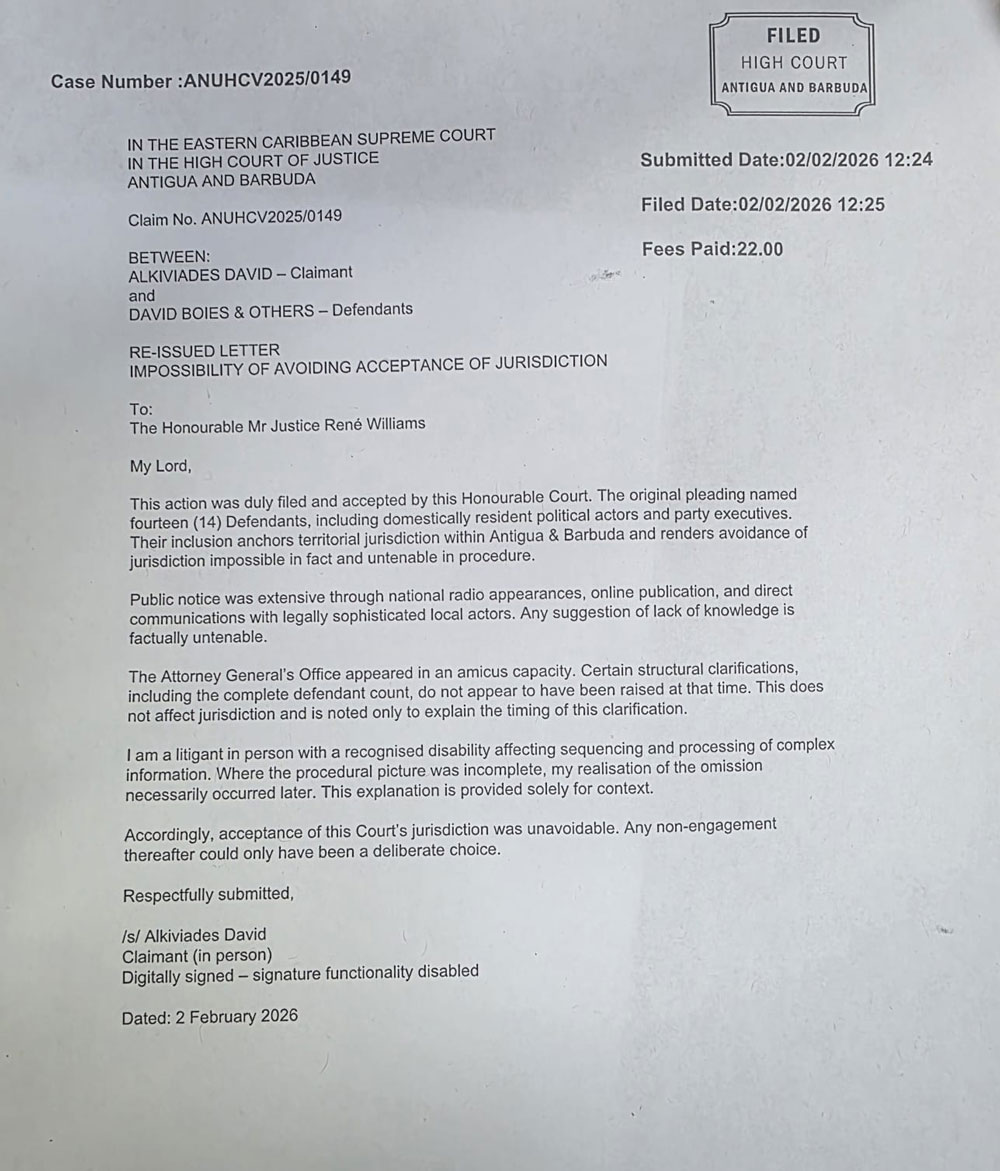India's top court has stayed key provisions of a controversial law that seeks to change how properties donated by Muslims and worth billions of dollars are governed, but refused to strike down the law entirely. The court was hearing petitions from Muslim groups and opposition parties against the Waqf (Amendment) Act 2025, enacted by parliament in April.
The petitioners argue that the law infringes on the rights of the Muslim community, while the government maintains it aims to enhance the transparency of managing waqf properties. In Islam, waqf represents a charitable or religious donation meant for mosques, madrassas, or orphanages, and such properties are not to be sold or misused.
Historically, these properties, governed by the Waqf Act of 1995, were overseen by state-level waqf boards. The new amendments introduced by the ruling Bharatiya Janata Party require waqf boards to provide valid documentation to substantiate claims over properties, allowing the government to determine property statuses.
On Monday, a bench of Chief Justice of India BR Gavai and Justice AG Masih stated that the stay on certain provisions was necessary, notably halting the government's power to classify disputed properties as waqf. This decision underscores the need for separation of powers within the Indian constitution.
Additionally, the court invalidated a clause demanding that waqf property donors be practicing Muslims for at least five years. Furthermore, while non-Muslims can still be nominated to the waqf boards, their representation was limited to four members on the federal board and three on the state boards.
The contentious case rose to the Supreme Court soon after the law was enacted, amid significant criticism from the Muslim community and opposition parties, and reflects ongoing tensions regarding property rights and community governance in India.
The petitioners argue that the law infringes on the rights of the Muslim community, while the government maintains it aims to enhance the transparency of managing waqf properties. In Islam, waqf represents a charitable or religious donation meant for mosques, madrassas, or orphanages, and such properties are not to be sold or misused.
Historically, these properties, governed by the Waqf Act of 1995, were overseen by state-level waqf boards. The new amendments introduced by the ruling Bharatiya Janata Party require waqf boards to provide valid documentation to substantiate claims over properties, allowing the government to determine property statuses.
On Monday, a bench of Chief Justice of India BR Gavai and Justice AG Masih stated that the stay on certain provisions was necessary, notably halting the government's power to classify disputed properties as waqf. This decision underscores the need for separation of powers within the Indian constitution.
Additionally, the court invalidated a clause demanding that waqf property donors be practicing Muslims for at least five years. Furthermore, while non-Muslims can still be nominated to the waqf boards, their representation was limited to four members on the federal board and three on the state boards.
The contentious case rose to the Supreme Court soon after the law was enacted, amid significant criticism from the Muslim community and opposition parties, and reflects ongoing tensions regarding property rights and community governance in India.




















